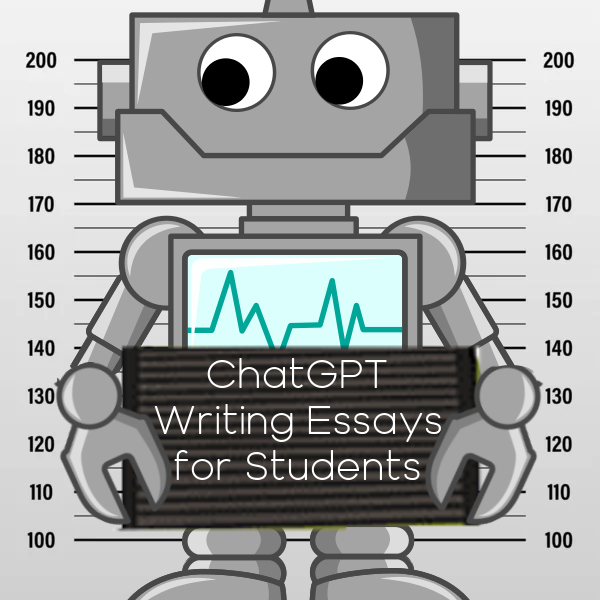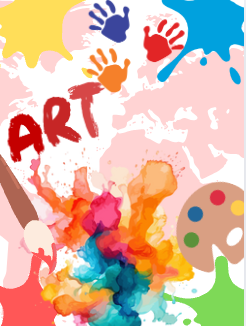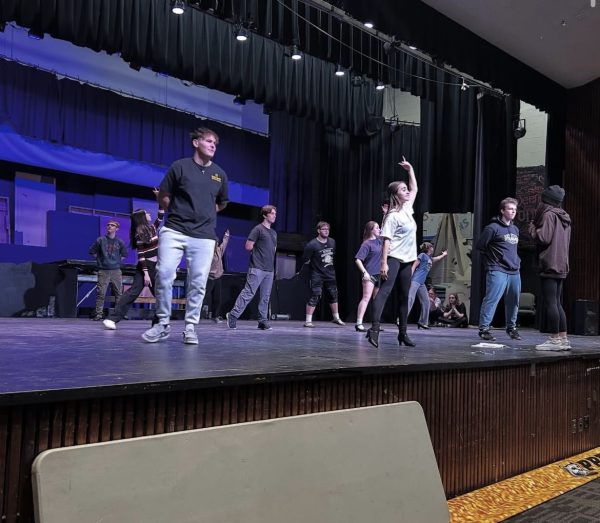The Ever-Evolving World of Academic Dishonesty

Remember when you had to sign that form that stated you wouldn’t cheat on school assignments? You may have thought of it as trivial. However, a lot of credible teachers are nervous about the future of their classes’ academic integrity with new tools on the rise. Everyone’s heard of (and most probably used, shhhh!) a tool which automatically gives you the answer to a math equation just by scanning it. This is nothing compared to the new threat that English teachers will face: AI written essays.
Most of you are probably thinking, “But Sam, there’s no way it’s really THAT scary, right? AI makes very obvious mistakes which teachers can find pretty effortlessly.” The newest viral AI on the horizon, ChatGPT, says otherwise. Using ChatGPT, well-written, properly cited, and sourced articles can appear out of thin air for desperate students behind on a due date.
Just like with AI created art, ChatGPT will take several prompts and suggestions from the human user, and then formulate it into an essay about anything and of any target quality. The first issue is, obviously, that encouraging the use of AI tools in literature-based classes is actively bypassing the teaching aspect of a classroom. Descriptive yet concise writing is an extremely valuable skill that most classes and job applications will demand from you, and if you are able to simply use a robot to achieve good grades, then you won’t learn or achieve the expertise required to succeed. Now that the obvious is out of the way, there are more interesting implications.
Until now, math was the only class a robot could help to boost your grade with none of the work. With ChatGPT, the most work-intensive and involved classes’ demands are met without typing as much as 20 words. Is this the death of hard work in English class? As a student myself, I hate to say it, but you’re more likely to die of waiting times to actually access ChatGPT than of your course workload.
Furthermore, there’s already been a backwards push on ChatGPT in the form of some countermeasures. A college student has claimed that their program can detect whether an article is written by a chatbot or a human. The student in question, Edward Tian, shared their progress via Linkedin posts: “Through testing the new model on a dataset of BBC news articles and AI generated articles from the same headlines prompts, the improved model has a false positive rate of < 2%,” he said. “The coming months, I’ll be completely focused on building GPTZero, improving the model capabilities, and scaling the app out fully.” While it’s still in development, the bot is learning quickly what is and isn’t written by AI.
So, is ChatGPT the death of English and Journalism forever? The short answer is, probably not. Even the most exploitable aspects of the AI essay writer are more than likely going to be prevented with swift action from programmers with AI experience.






